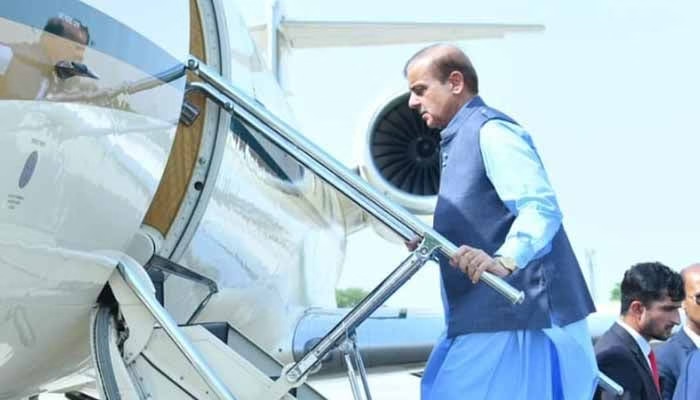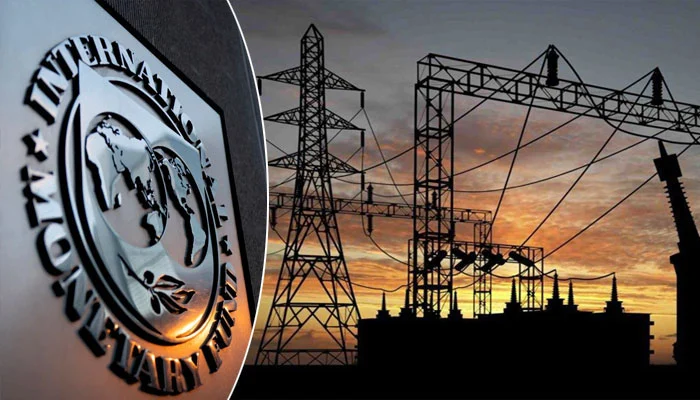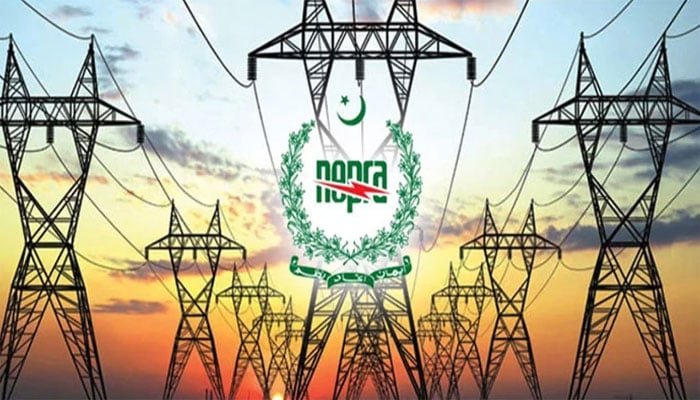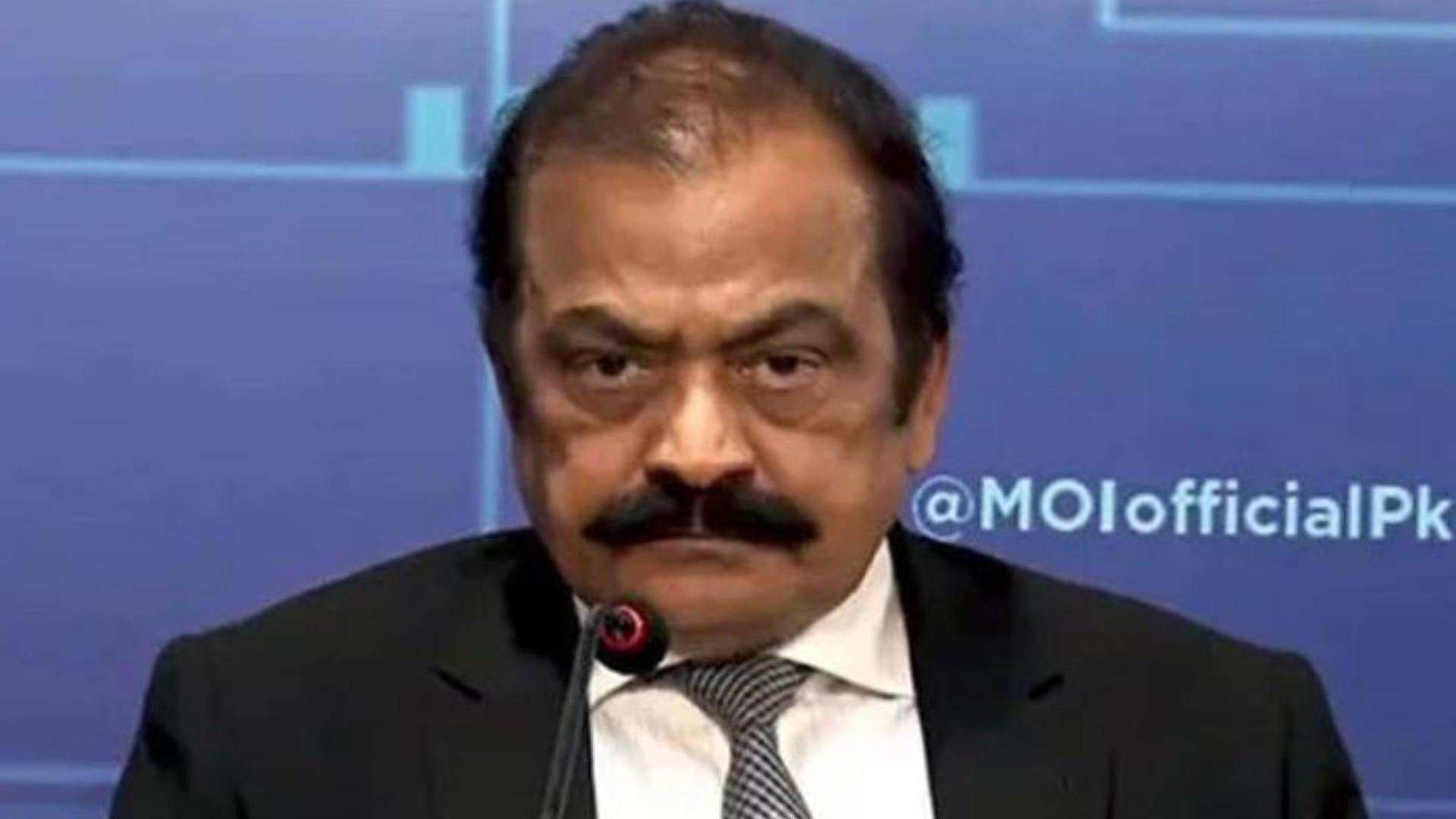Prime Minister Shehbaz Sharif is set to embark on an important official visit to the United Arab Emirates (UAE) on June 12, marking a significant step in strengthening Pakistan’s diplomatic and economic relations with one of its closest allies in the Gulf region.
According to a statement from the Foreign Office, the Prime Minister will be accompanied by a high-level delegation that includes Deputy Prime Minister and Foreign Minister Ishaq Dar, several federal ministers, and senior government officials. The visit reflects the growing momentum in bilateral cooperation and the enduring brotherly ties between Pakistan and the UAE.
A Key Meeting with Emirati Leadership
During the visit, Prime Minister Shehbaz Sharif is scheduled to meet with UAE President Mohammed bin Zayed Al Nahyan, a meeting that is expected to cover a broad range of bilateral, regional, and international issues. The discussions will focus on deepening cooperation in trade, investment, energy, technology, and infrastructure development.
Both leaders are expected to explore new opportunities for collaboration across strategic sectors, with a strong emphasis on boosting economic engagement and people-to-people ties. The visit comes at a time when Pakistan is actively seeking foreign direct investment (FDI) and strategic partnerships to stabilize its economy and build long-term growth avenues.
Strengthening Economic Cooperation
One of the central themes of the visit is expected to be enhanced economic collaboration, particularly through UAE investment in Pakistan’s energy, infrastructure, IT, and agriculture sectors. Pakistan’s recently launched Special Investment Facilitation Council (SIFC) has already attracted attention from Gulf countries, and the UAE is seen as a key potential contributor to this initiative.
The UAE has historically been one of Pakistan’s largest trading partners and a significant source of remittances, with a large Pakistani expatriate community residing in the Emirates. This visit aims to reaffirm Pakistan’s commitment to facilitating investment-friendly policies, removing bureaucratic hurdles, and offering incentives for Emirati investors.
The possibility of new joint ventures, long-term trade agreements, and sector-specific investment frameworks is expected to be high on the agenda. Energy cooperation, particularly in renewable sources like solar and wind, may also be a highlight of the discussions, in line with both nations’ sustainability goals.
Strategic and Regional Dialogue
In addition to economic matters, the leaders will likely discuss key regional and global issues, including the evolving geopolitical dynamics of the Middle East and South Asia, cooperation on counterterrorism, and humanitarian efforts. The stability of the Gulf region, recent regional conflicts, and developments in Palestine and Afghanistan could also be part of the closed-door talks.
Pakistan and the UAE share a common vision for regional peace and security and have often coordinated on international platforms such as the Organization of Islamic Cooperation (OIC) and the United Nations. The visit is expected to reaffirm this strategic alignment and explore greater security collaboration.
Cultural and Humanitarian Ties
Beyond politics and economics, the visit will also highlight the deep cultural and humanitarian bonds between the two nations. The UAE has been a consistent supporter of Pakistan during times of crisis, including natural disasters and economic challenges. Pakistani workers in the UAE have contributed significantly to both nations’ economies and continue to play a vital role in the development of the Emirates.
Efforts to streamline visa processes, enhance labor rights protections, and improve community support services for overseas Pakistanis may also be discussed during the visit.
A Renewed Chapter in Bilateral Relations
This visit comes at a time when Pakistan is undergoing a major economic recovery effort and is positioning itself as an attractive destination for foreign investment. The UAE, on the other hand, is expanding its global influence and deepening partnerships across Asia, Africa, and Europe.
The high-profile nature of the visit, with senior cabinet members accompanying the Prime Minister, underscores its significance. It offers a unique opportunity to take Pakistan-UAE relations to the next level through robust economic, political, and social cooperation.
As both countries look to the future, Prime Minister Shehbaz Sharif’s upcoming visit to the UAE could mark the beginning of a new era in bilateral ties—one based on mutual benefit, strategic alignment, and a shared vision for regional stability and prosperity.



